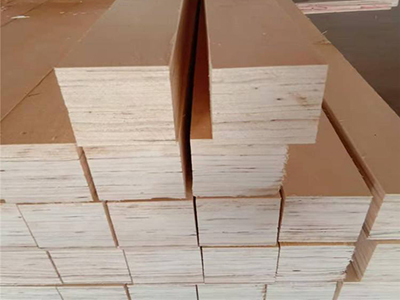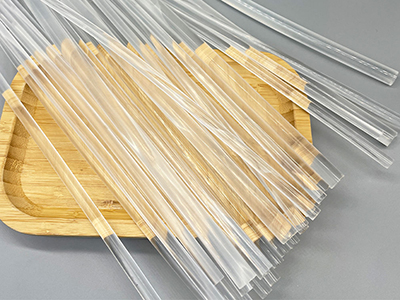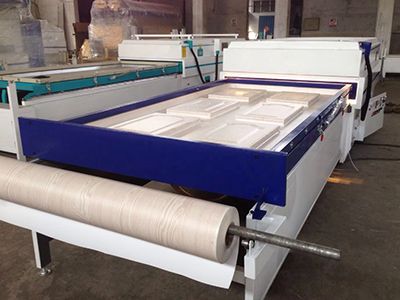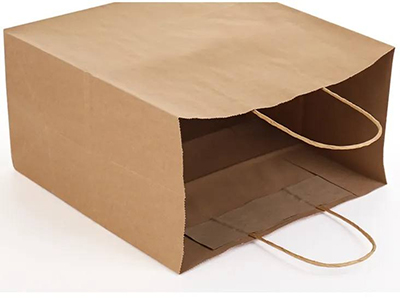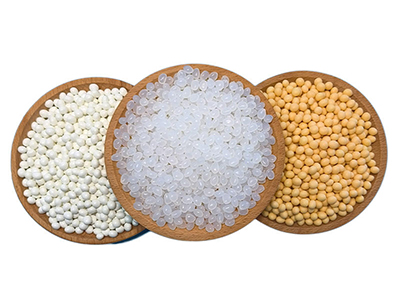The choice of the best epoxy glue for wood depends on the specific woodworking project and the properties you’re looking for in the adhesive. Here are a few popular epoxy adhesives that are commonly used for bonding wood:
- West System Epoxy:
- West System epoxy is renowned for its high-quality and versatile bonding capabilities.
- It offers excellent bonding strength, durability, and resistance to moisture.
- It’s often used for marine applications, woodworking, and general repairs.
- Gorilla Epoxy:
- Gorilla Epoxy is known for its fast-setting properties and strong bonding capabilities.
- It’s a reliable choice for various materials, including wood, and provides a durable bond.
- Loctite Epoxy Extra Time:
- This epoxy adhesive offers an extended working time, allowing for more precise application and alignment of wood pieces.
- It provides a strong bond and is suitable for woodworking projects.
- J-B Weld WoodWeld Epoxy:
- WoodWeld epoxy by J-B Weld is specifically formulated for bonding wood surfaces.
- It sets quickly and provides a strong bond that’s resistant to both temperature and moisture.
- PC Products PC-Woody Epoxy Paste:
- PC-Woody is a two-part epoxy paste designed for wood repairs and bonding.
- It’s ideal for filling gaps, cracks, and voids in wood surfaces, as well as bonding wood to wood.
When choosing the best epoxy glue for your wood project, consider the following factors:
- Bond Strength: Different epoxies offer varying levels of bond strength. Choose an epoxy that matches the load-bearing requirements of your project.
- Working Time: Some epoxies have a longer working time, which can be beneficial for complex or larger projects that require precise alignment.
- Curing Time: The curing time varies among epoxy adhesives. Some may cure quickly, while others might require more time. Choose an epoxy that suits your project timeline.
- Water and Moisture Resistance: If your project will be exposed to moisture or water, opt for an epoxy that has good water resistance.
- Flexibility: Depending on the flexibility needed in your project, choose an epoxy that provides the appropriate level of flexibility or rigidity.
- Transparency and Appearance: Some epoxy adhesives dry clear, while others may have a slight color. Choose the epoxy that matches the aesthetics of your wood project.
Always follow the manufacturer’s instructions for proper preparation, mixing, and application of the epoxy adhesive to ensure the best results. It’s also recommended to test the epoxy on a small, inconspicuous area of the wood before applying it to the entire project.


